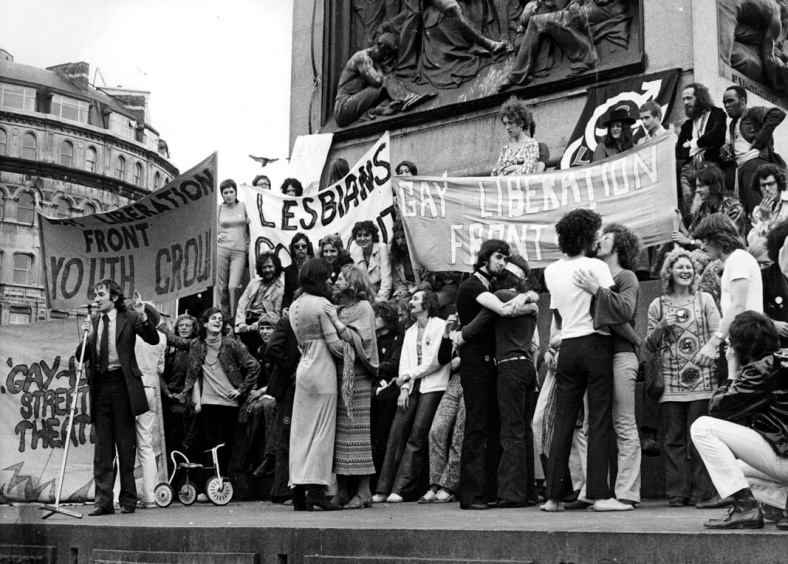scientia sexualis shapes truth through knowledge and power (Foucault, 1978, 57-58).
Foucault states that our civilization is based on this scientia sexualis production of discourse that incorporates confession into the rules of science (Foucault, 1978, 67). This truth of sex operates as it articulates the language of power and transforms sex into discourse, causing the rituals of confession to function within the norms of science, constituted within scientific terminology.




